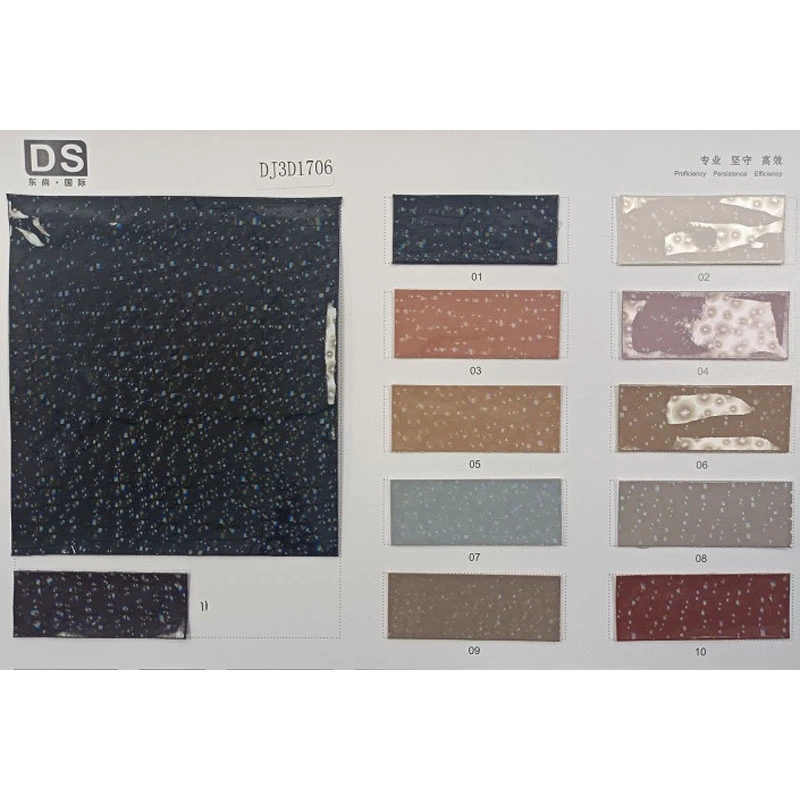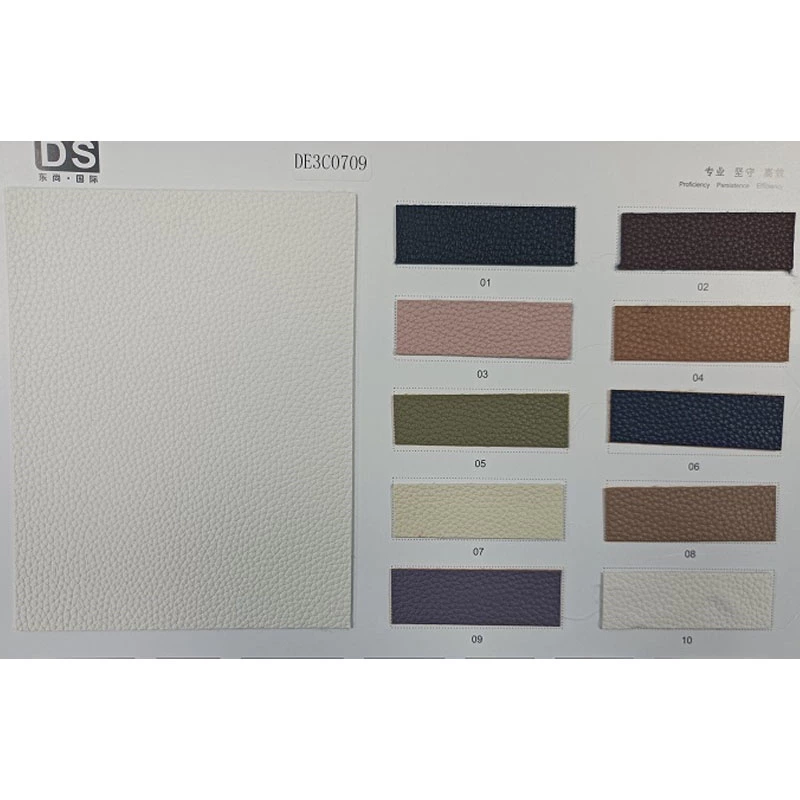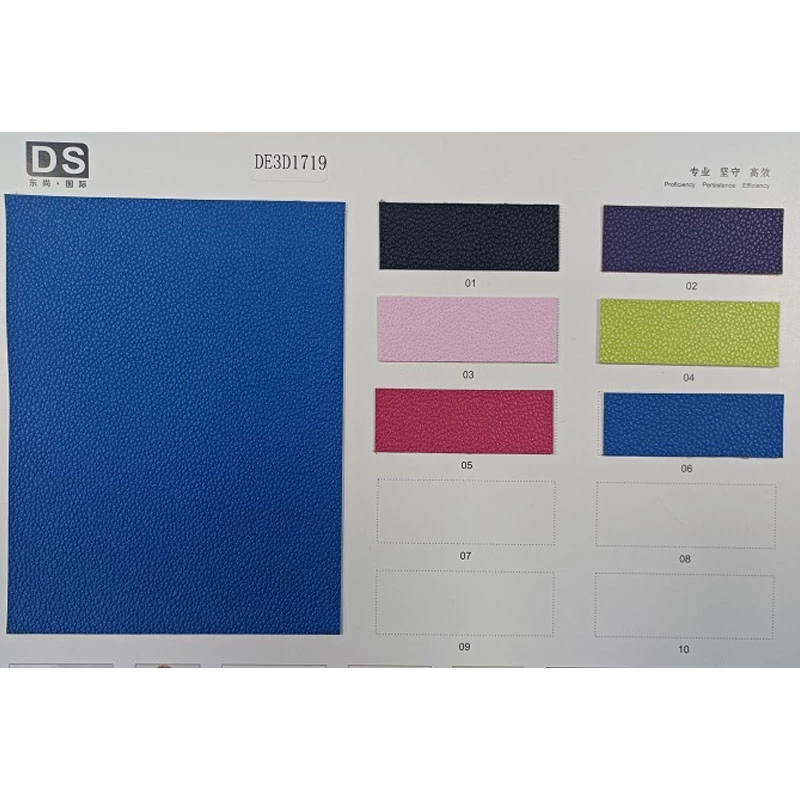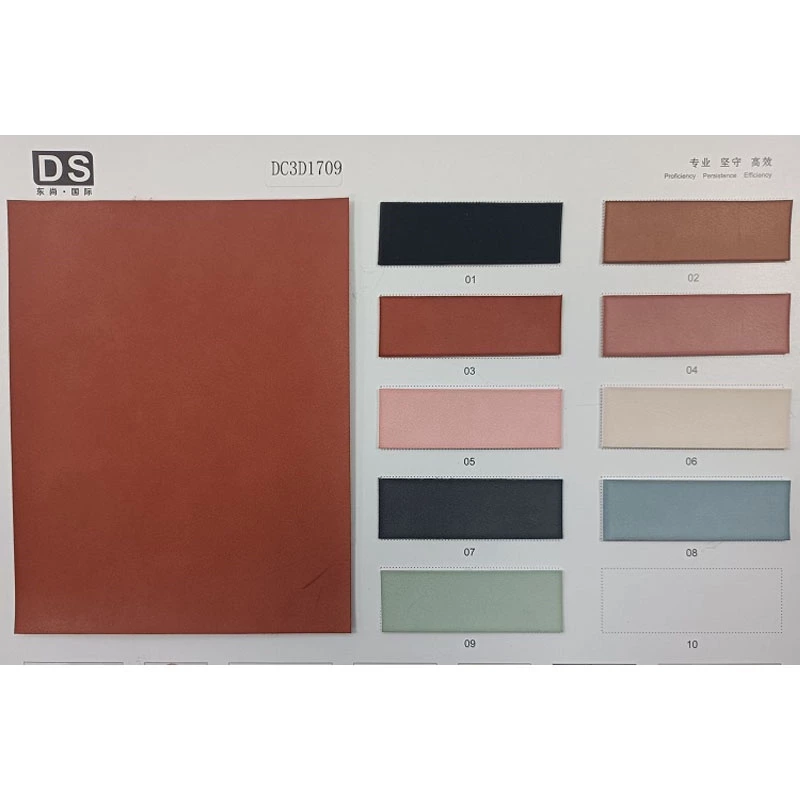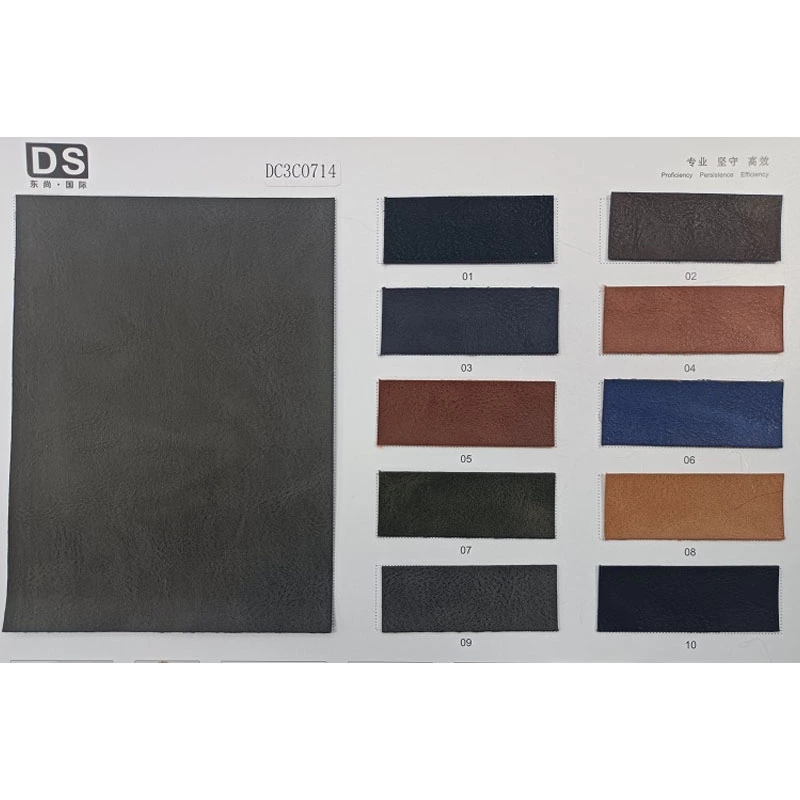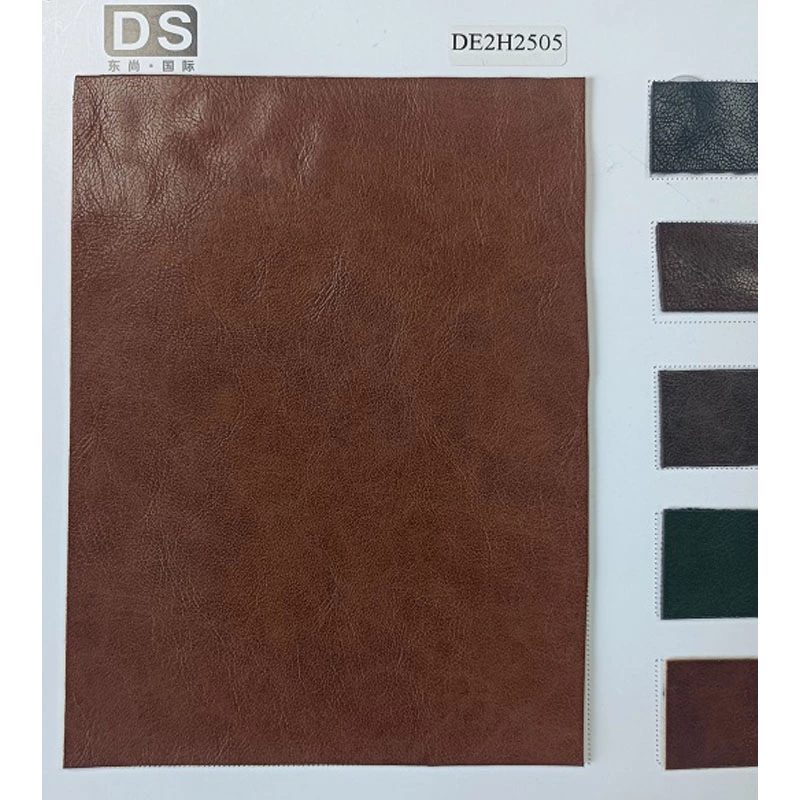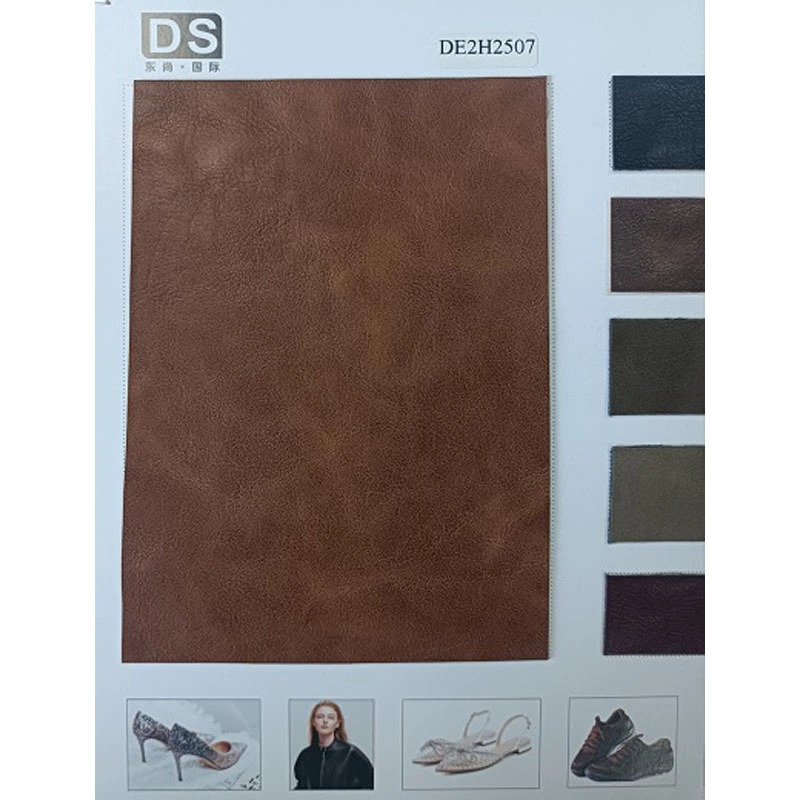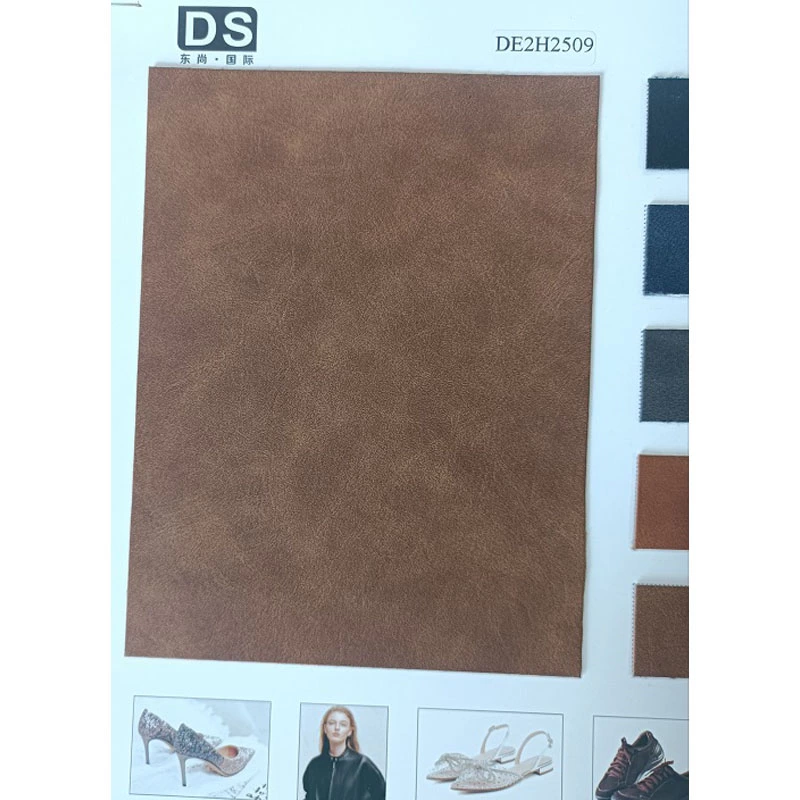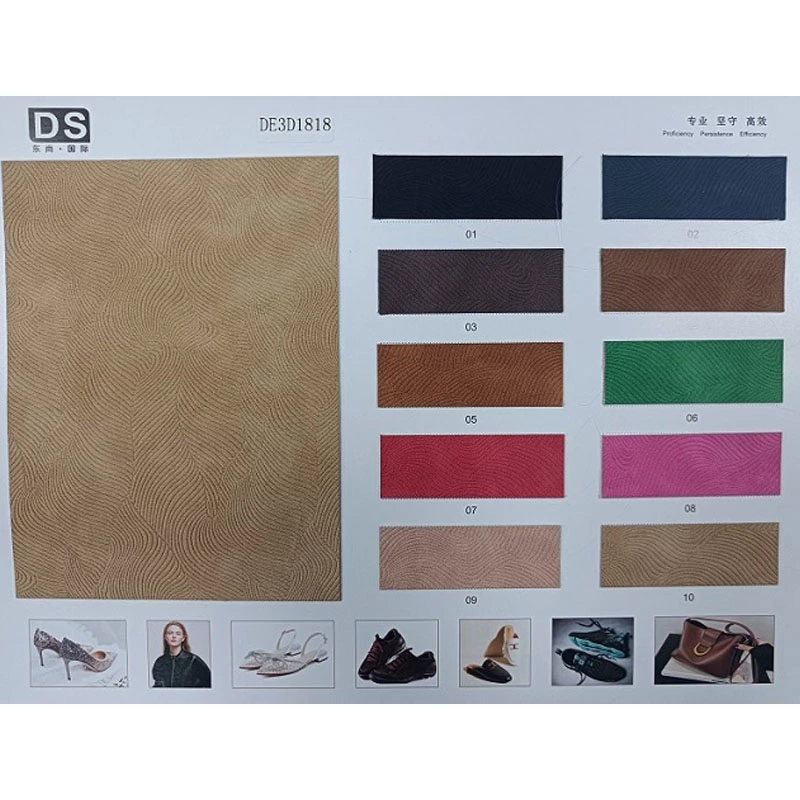Advantages And Disadvantages Of Pu Leather
Obviously, PU leather isn't real, so you won't be paying as much for real leather. Weller says PU leather is also easier and quicker to manufacture than natural leather. It's waterproof and easy to clean. This really makes PU leather great for use in places like kitchens and bars.
But there are some downsides to PU leather. For starters, it doesn't always look like the real thing, and it will never be as soft and wear as real leather. PU leather is also less flexible. This can lead to cracking and tearing over time, which means a shorter lifespan than real leather. The color will also fade, although you can get more color options than with real leather.
"Over time, faux leather can dry out, crack, and flake, causing the item to lose functionality, look worn, and be difficult, if not impossible, to repair," Weller says.
Perhaps another reason it's called "PU" leather is that it doesn't always give off the best smell. Weller says it depends on the manufacturing process, and some are even injected with scents that mimic the smell of real leather to mask the "scent" of faux leather.
